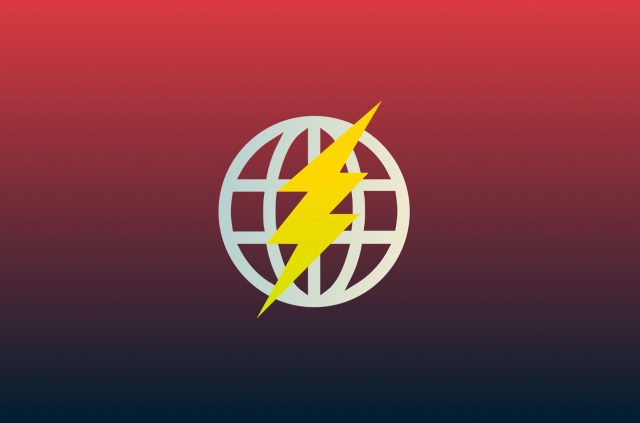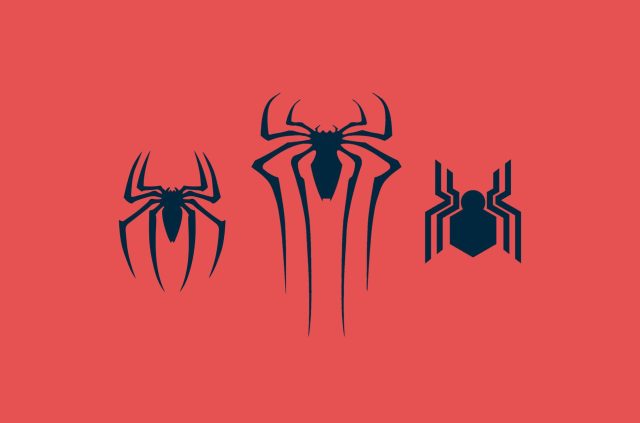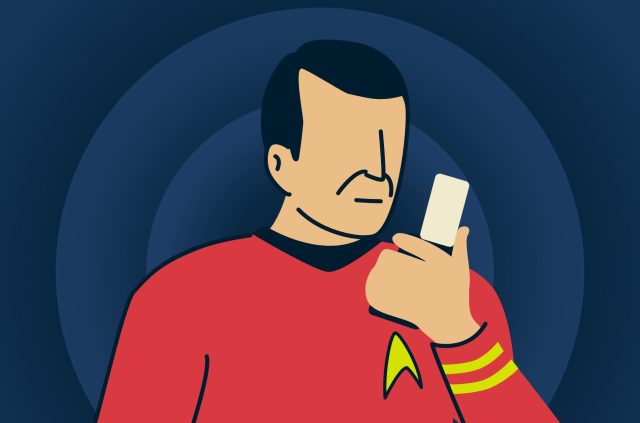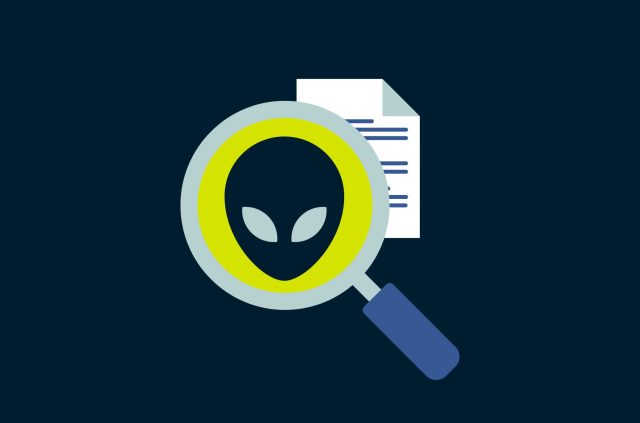DC Comics movies: Guide to the DC Extended Universe

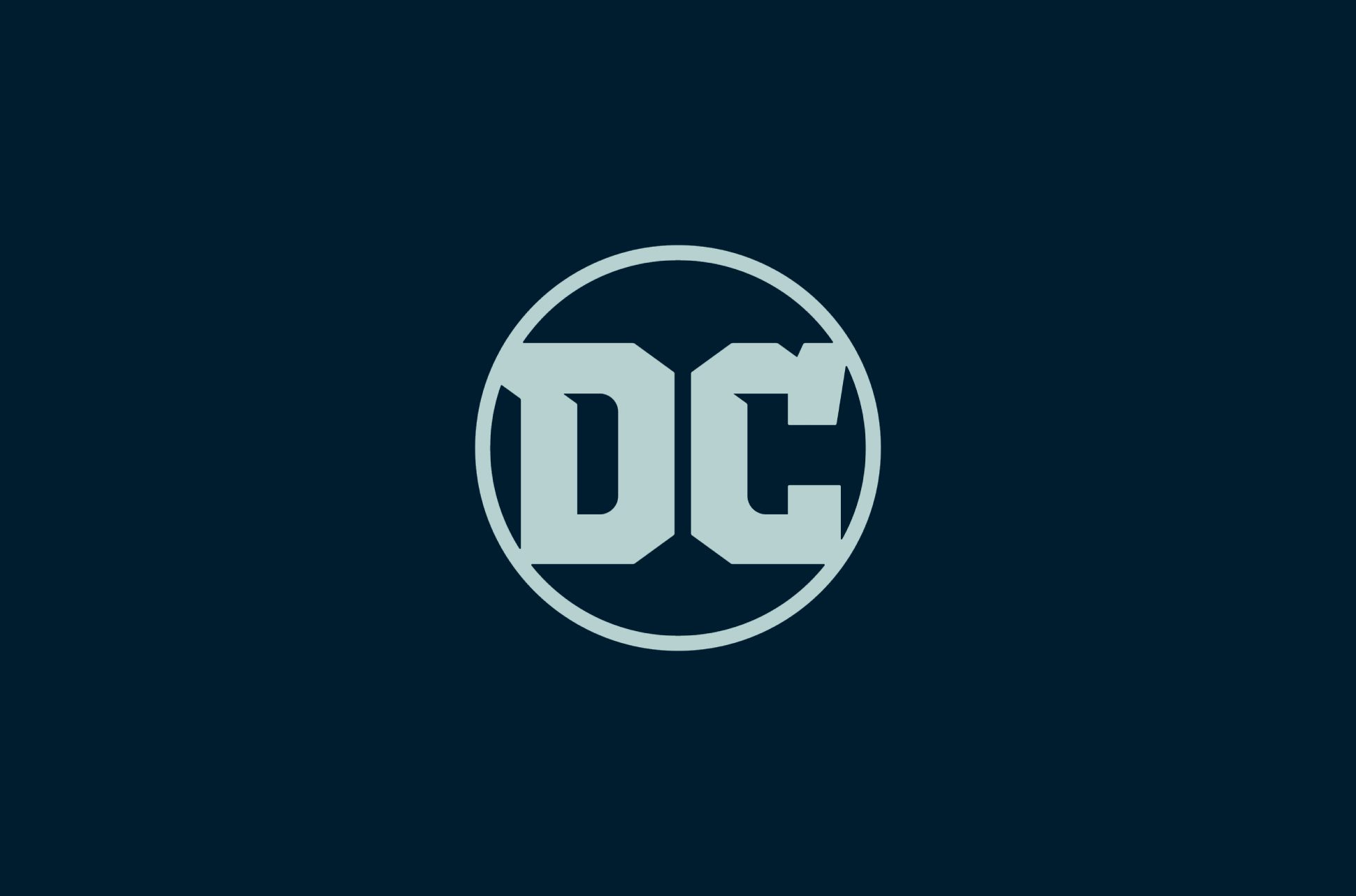
With The Flash release right around the corner, the DC Extended Universe (DCEU) is almost at a close—ushering in a new era known as the DC Universe. Starting with Man of Steel in 2013 and ending with Aquaman and the Lost Kingdom in late 2023, the DCEU franchise has had a rough time this past decade in establishing any long lasting cultural impact.
How DC Comics movies were outdone by Marvel
Up until the late 1990s, films based on DC Comics once fared better both financially and critically than those by Marvel Comics, but the massive success of the Marvel Cinematic Universe (MCU) from 2008 and onwards has completely changed this dynamic. Kevin Feige, CCO of Marvel and President of Marvel Studios,
using obscure or unknown characters by focusing on good storytelling and consistent worldbuilding.Read more: Guide to Marvel Cinematic Universe
On paper, the DCEU should have been a massive success. Unlike the various non-MCU Marvel Comics adaptations—where the rights of different characters were under the control of different production studios—all DC properties were under one roof: Warner Bros, which meant that they had full access to any characters or storylines they wanted to adapt.
Easy, right? Wrong.
Somehow, with properties like Batman, Superman, and Wonder Woman at their disposal, Warner Bros. managed to completely squander their chance at creating a successful and cohesive MCU-style shared universe of characters and stories.
Before we get into the mess that is the DCEU and the (hopefully) bright future ahead in the DC Universe (DCU),
and take a look at the history of DC Comics on the silver screen.Note: For this article, we’re only focusing on live action films and will ignore entries in the DCAU (DC Animated Universe) and the DCUAOM (DC Universe Animated Original Movies)—which also includes standalone animated films, DCAMU (DC Animated Movie Universe) films, and the Tomorrowverse films.
DC Comics film franchises
Superman
1978-2006
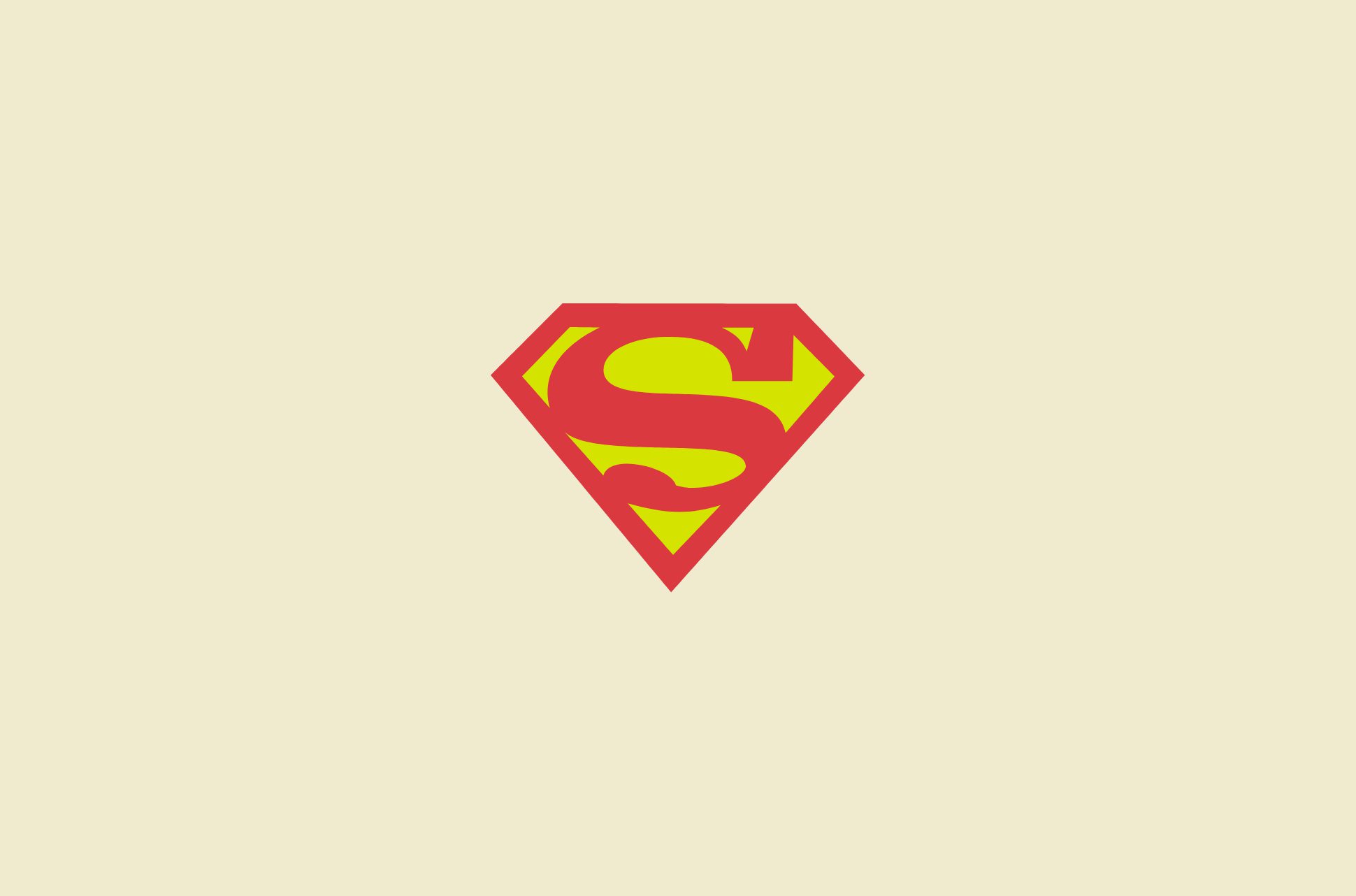
Films: Superman (1978), Superman II (1980), Superman III (1983), Supergirl (1984), Superman IV: Quest for Peace (1987), Superman Returns (2006)
Directed by future Lethal Weapon director Richard Donner and adapted by a screenplay written by Mario Puzo (author of The Godfather), Superman is perhaps one of the most influential comic book superhero film adaptations of all time. Christopher Reeve, as Clark Kent/Superman/Kal-El, really made audiences believe that a man could fly in a film that was heralded for its special effects. Along for the ride are Margot Kidder as Lois Lane, Gene Hackman as Lex Luthor, and Marlon Brando as Joe-El. The series, like most franchises, really petered out with each subsequent entry ending with the exceedingly mediocre Superman IV: The Quest for Peace in 1987.
A sequel/homage titled Superman Returns was released in 2006 and serves as a direct sequel to Superman and Superman II, while ignoring the events of Superman III and Superman IV. The film stars Brandon Routh, who no doubt was cast in part due to his resemblance of a young Christopher Reeve, where he is accompanied by Kate Bosworth as Lois Lane and Kevin Spacey as Lex Luthor. Also, the film is somehow set in 2006 even though it’s supposed to be 5 years after Superman II.
Batman
1989-2023
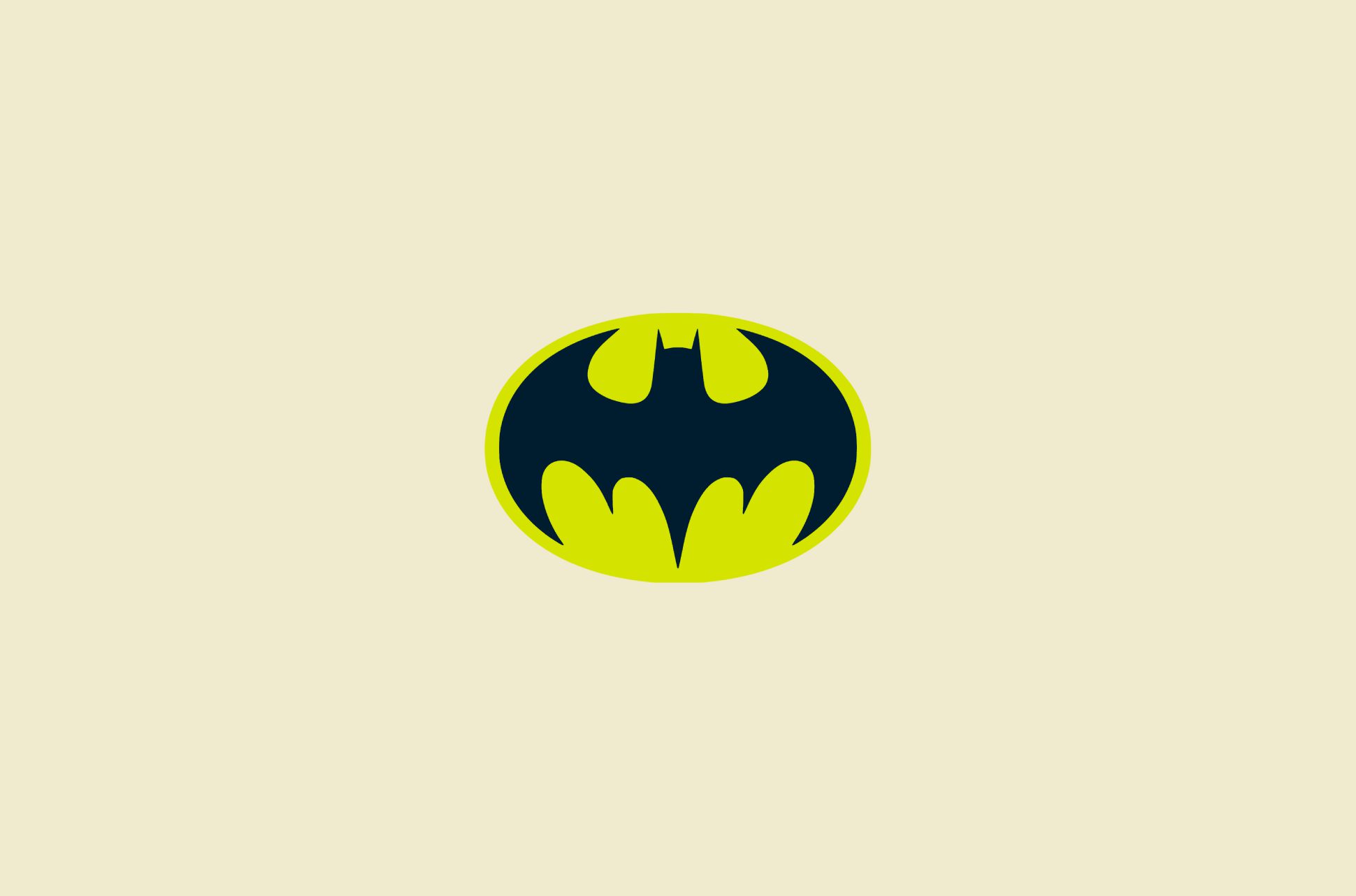
Films: Batman (1989), Batman Returns (1992), Batman Forever (1995), Batman & Robin (1997), The Flash (2023)
Coming at a point in history when the last major on screen adaptation of Batman was the colorful and campy 1960s TV series (starring Adam West and Burt Ward), Tim Burton’s 1989 Batman film was a darker take on the character that was partially influenced by comics like The Killing Joke by Alan Moore and The Dark Knight Returns by Frank Miller.
When the film was initially announced, fans were vocal about their skepticism of the project. At that point in time, Tim Burton had only directed Pee-wee's Big Adventure, a comedy, in 1985 (Beetlejuice had not yet been released) and star Michael Keaton was primarily known for comedic roles. Upon release, Batman was met with universal praise—albeit apart from a few minor issues with certain characterizations. Of note, audiences praised Keaton’s portrayal of Bruce Wayne/Batman and Jack Nicholson’s take on the Joker.
With its sequel Batman Returns, Burton was given more creative control due to the success of the first film. This time around, Keaton is joined by Michelle Pfeiffer as Selina Kyle/Catwoman and Danny DeVito as Oswald Cobbleplot/The Penguin who both give killer performances. Unfortunately, the second instalment wasn’t as well received as the first—due to the much darker tone and violence—and Burton was eventually replaced as director after this film by Joel Schumacher.
With Schumacher at the helm, two further films were made with Val Kilmer and George Clooney taking on the role of the Dark Knight in Batman Forever and Batman & Robin respectively. Like the Keaton films, the casting choices for villains were pretty fun with Jim Carrey playing Edward Nygma/The Riddler and Tommy Lee Jones as Harvey Dent/Two-Face in Batman Forever; and Arnold Schwarzenegger as Dr. Victor Fries/Mr. Freeze and Uma Thurman as Dr. Pamela Isley/Poison Ivy in Batman & Robin. Again, to clarify, these casting choices were fun but not necessarily good.
Batman & Robin ended up being so bad that Warner Bros./DC put the kibosh on any live action depictions of the character for almost 10 years.
The Dark Knight trilogy
2005-2012
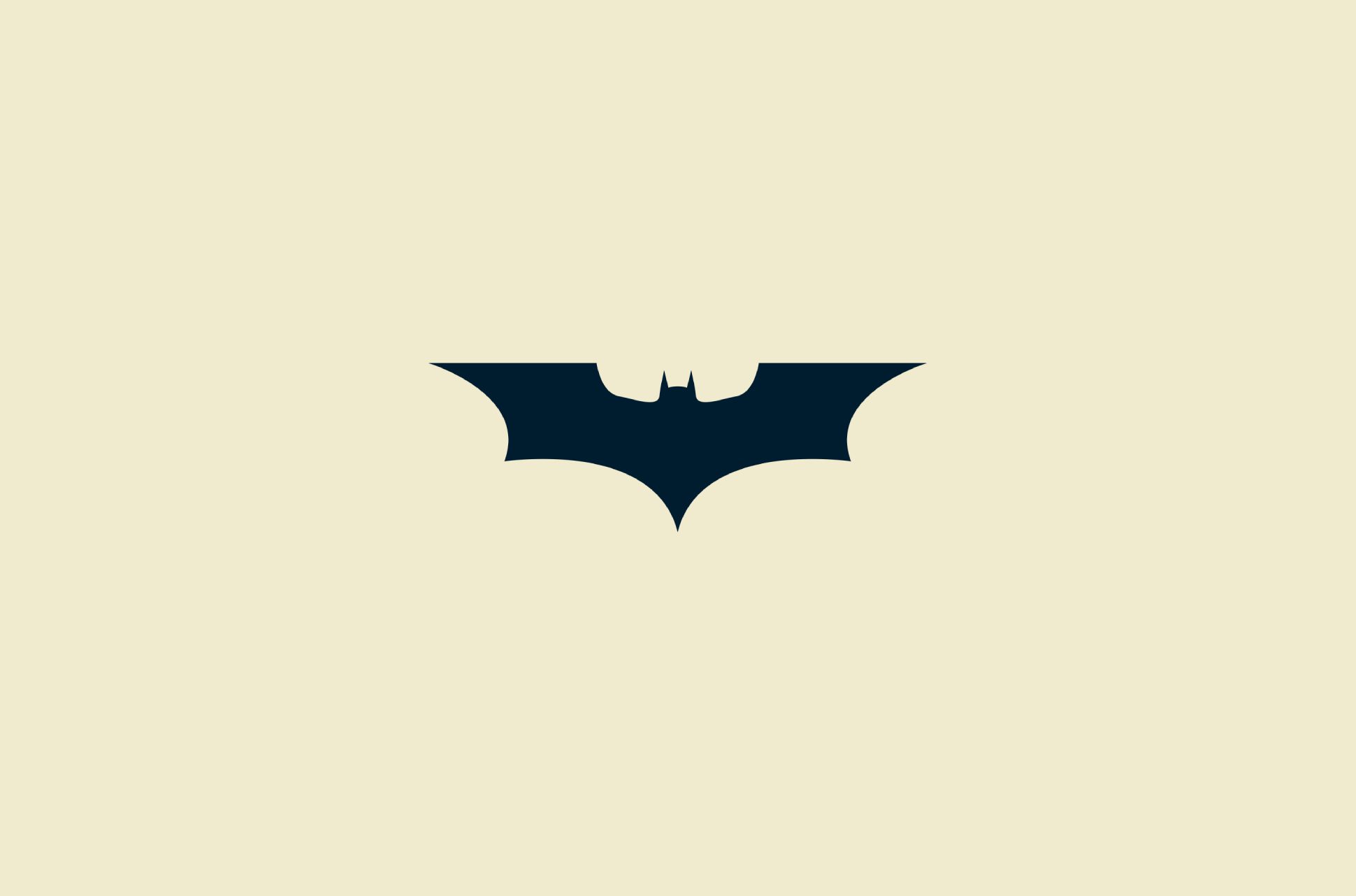
Films: Batman Begins (2005), The Dark Knight (2008), The Dark Knight Rises (2012)
In the wake of the release of Batman & Robin, both the audience and studio were wary of further stories involving Batman on screen. A proposed fifth entry into the Burton/Schumacher series was quickly scrapped and any development on the character went quiet.
In late 2003, Warner Bros. hired Christopher Nolan to direct a new Batman film titled Batman Begins after several years of attempting to reboot the franchise. At the time, Nolan had two major features under his belt (Insomnia and Memento) and his intention was to do away with the visual excess of the Burton/Schumacher films and focus on a more grounded approach to the Batman mythos. Batman Begins is a comfortable combination of dark fantasy and psychological thriller.
Taking inspiration from the 1978 Superman film, Nolan cast Christian Bale—who at the time was not a household name—and surrounded him with established performers like Michael Caine, Morgan Freeman, Rutger Hauer, Ken Watanabe, Cillian Murphy, and Gary Oldman. The film was warmly received by fans and critics alike but the series wouldn’t hit fever pitch until the release of the second film, The Dark Knight, in 2008.
Holy crap.
Widely considered to be one of the best films (not just within the superhero genre) of all time, The Dark Knight was met with universal acclaim. It leaned harder into the realistic side of things as a tense action thriller in the vein of Michael Mann’s Heat (1995), but the highlight of the film is Heath Ledger as the Joker in his final performance before his death.
It was followed 4 years later in 2012 with The Dark Knight Rises which included Anne Hathaway as Catwoman and Tom Hardy as Bane. While not as well received as its predecessor, the film is an extremely satisfying and strong conclusion to the trilogy.
It is also, to date, the most consistent DC Comics film series.
DC Extended Universe
2013-2023
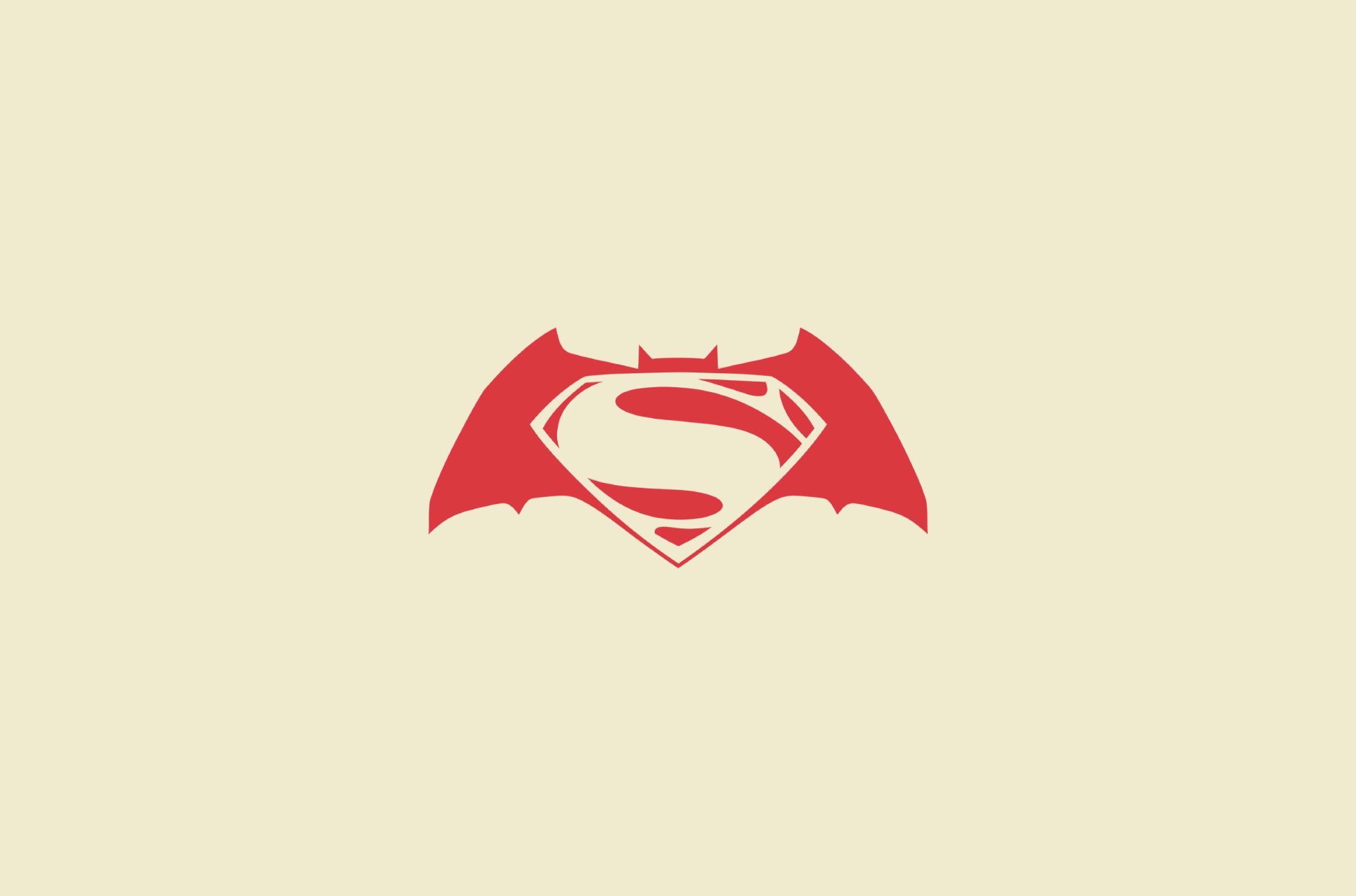
Films: Man of Steel (2013), Batman v Superman: Dawn of Justice (2016), Suicide Squad (2016), Wonder Woman (2017), Justice League (2017), Aquaman (2018), Shazam! (2019), Birds of Prey (2020), Wonder Woman 1984 (2020), Zack Snyder’s Justice League (2021), The Suicide Squad (2021), Black Adam (2022), Shazam! Fury of the Gods (2022), Aquaman and the Lost Kingdom (2023)
Series: Peacemaker (2022)
Phew.
Ok.
Where to start?
In 2010, director Zack Snyder—who at the time was responsible for several major comic book adaptations like 300 and Watchmen—was announced to helm a gritty and realistic, Christopher Nolan-inspired, Superman reboot titled Man of Steel. Warner Bros was busy with production on The Dark Knight Rises and Marvel had released three films in their budding new shared Marvel Cinematic Universe.
With Nolan as producer and Snyder at the helm, Man of Steel was an interesting reboot of the Superman mythos. Like Superman (1978) and Batman Begins, the film starred a largely unknown performer as Clark Kent/Superman/Kal-El (Henry Cavill) who was surrounded by a stellar supporting cast that included Kevin Costner, Russell Crowe, Amy Adams, Michael Shannon, Diane Lane, and Laurence Fishburne. The film is…ok. The Nolan influences are apparent and like The Dark Knight trilogy, Hans Zimmer’s score is grand and fitting.
While it’s somewhat unclear as to whether Man of Steel was to be the beginning of an MCU-style shared universe, it ended up being just that. Unlike the MCU, however, the DCEU was a giant series of missteps that have eventually led to mediocrity. Perhaps its biggest flaw is the lack of a passionate leader like Kevin Feige to guide the process organically.
Warner Bros. quite notoriously had an ongoing series of managerial issues that plagued the studio and the DCEU’s progress. Films had glaring errors between them, there was no sense of worldbuilding, and the storytelling quality varied from film to film.
Man of Steel was followed by Batman v Superman: Dawn of Justice in 2016 which, let’s face it, was rushed and subpar. For the first ever live action meeting of Batman and Superman, the film was a pretty big letdown with the motivations behind each character pretty loosely thought out. Ben Affleck as Batman was pretty cool though.
Unlike Iron Man and Captain America’s clash in Captain America: Civil War (the 3rd entry in the Captain America trilogy), there was no build up. It took 8 years after Iron Man first appeared in the MCU and 7 years for Captain America, for them to duke it out on screen. At that point, both of them had 6 and 4 appearances each in the MCU respectively so there’s an actual emotional impact behind their conflict.
This was then followed by Justice League in 2017. Which, by the way, if you’re going to watch this opt for the 2021 Snyder Cut instead. Good lord what a mess this franchise was. This would be like if the MCU made Iron Man, then Captain America, then rushing right into an Avengers film.
Everything after that is largely disjointed with way more misses than hits. Was Wonder Woman great? Sure. Was Aquaman good? Sure. So was Shazam!, The Suicide Squad, and Peacemaker but everything else in the franchise seems so disconnected in the grander scheme of things.
Suicide Squad was an absolute trainwreck of a film due to the studio’s insistence that director David Ayer recut his film to match the tone of the wildly popular trailer that was released in the lead up to its release. To illustrate how insane this is, you have to understand that the studios and production houses that cut trailers together are completely different to those who release the films. In other words, Warner Bros. made Ayer re-cut/edit a film that was ALREADY in development to match a piece of marketing collateral that was made to advertise the film. Madness. That said, David Ayer publicly aged like milk over the years.
Its sequel, The Suicide Squad, was a much better film having benefitted from the writing and direction of James Gunn—who is responsible for the popular Guardians of the Galaxy trilogy in the MCU.
Everything else in the DCEU is honestly kinda not worth watching. The Flash looks great—Ezra Miller’s insane antics in real life aside—and at least could serve as a decent close to the franchise in general. If anything, it’ll be great to see Michael Keaton as Batman again.
Also, it is actually insane that they never did a standalone Ben Affleck Batman film. What a waste.
Standalone DC films
1951-????
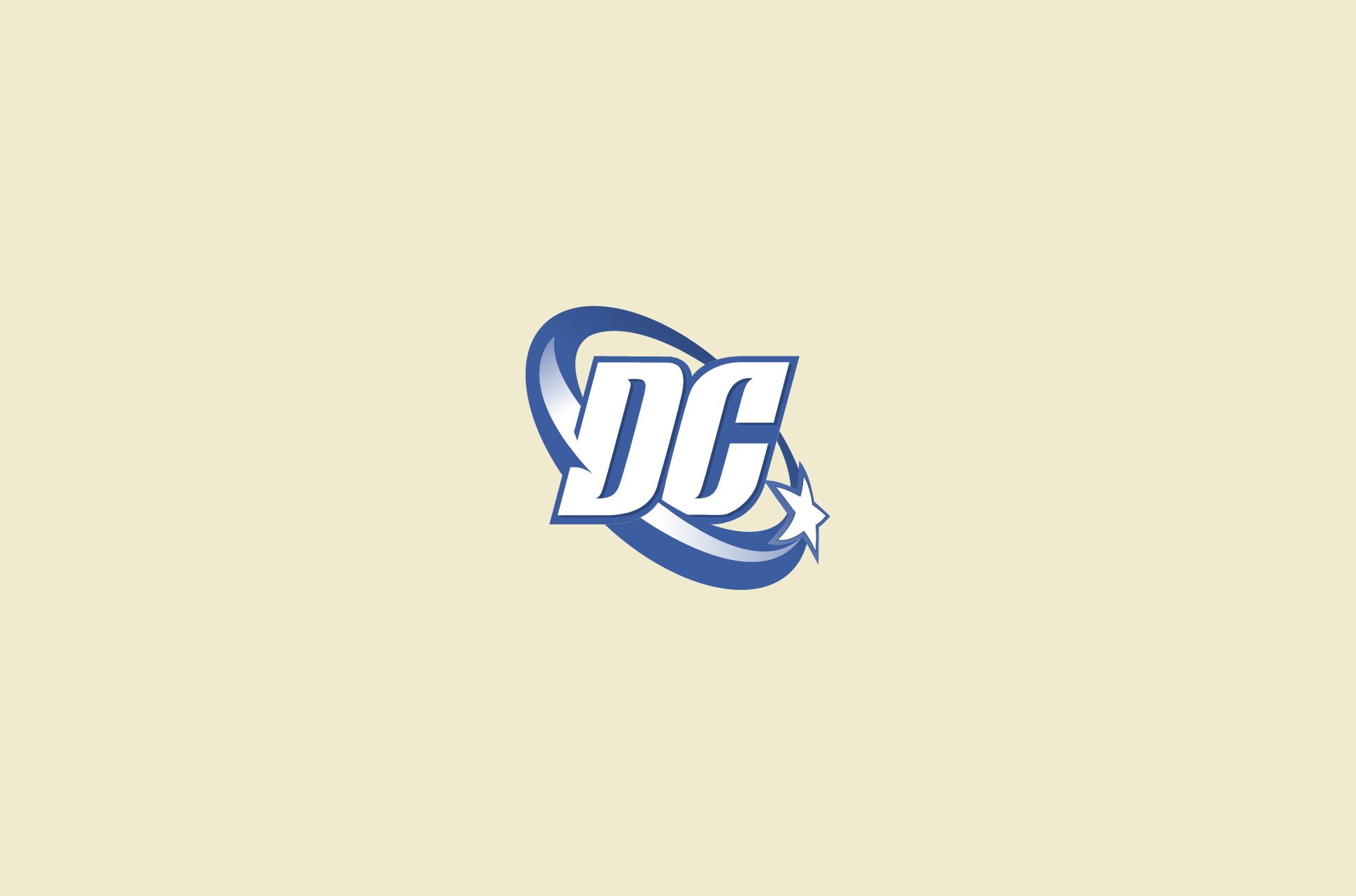
Notable films: Constantine (2005), V for Vendetta (2006), Watchmen (2009)
These are a mixed bag. Some films are based on DC Comics while others are based on comics published under DC imprints like Vertigo Comics.
Constantine with Keanu Reeves, for example, is pretty fun even though the character is supposed to be British and completely different. In fact, if you want to see a comic accurate portrayal of John Constantine, Matt Ryan’s take in the NBC series of the same name and Arrowverse shows on the CW is excellent.
V for Vendetta was produced by the Wachowskis and released in 2005 and follows the exploits of a mysterious freedom fighter known as “V” who plots to overthrow a dystopic and fascistic British government. The film stars Natalie Portman as Evey Hammond, a woman caught up in V’s exploits, and Hugo Weaving as V.
Zack Snyder’s Watchmen is also a fun watch and a reasonable adaptation of the source material but please consider reading the graphic novel instead. If you’re going to watch this one, opt for the Ultimate Cut (which runs for three and a half hours) which includes extended scenes and the animated comic Tales of the Black Freighter edited throughout the film.
Conversely, you also have stinkers like Catwoman (2004) starring Halle Berry, Steel (1997) starring Shaq, Jonah Hex (2010) starring James Brolin, and Green Lantern (2011) starring Ryan Reynolds. Fun fact: Not only was Catwoman met with total critical derision upon its release, but Halle Berry turned up to that year’s Razzies (think the opposite of the Oscars) to accept her award in the Worst Actress category!
Undeveloped/unreleased DC films
Various
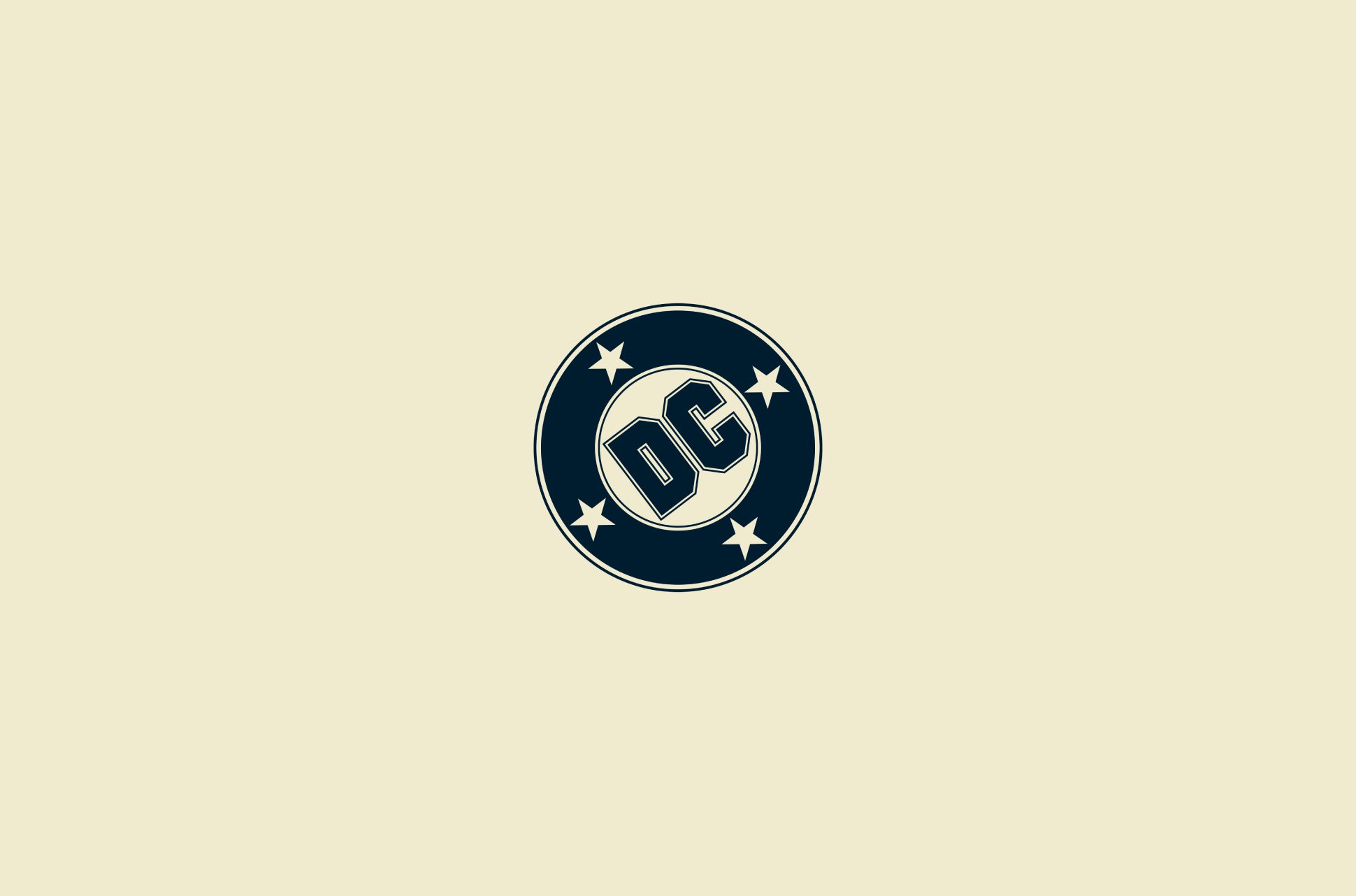
Notable films: Superman Lives (1998), Justice League: Mortal (2009), Batgirl (2023)
These are fun to explore as hypotheticals. Perhaps the most well known project is Tim Burton’s failed 1998 Superman Lives project that was to star Nic Cage as Clark Kent/Superman. Yes, you read that right: Nic Cage as Superman. The project was stuck in development hell for many years before ultimately being abandoned—due in large part to some of the crazy demands the studio had about the film's direction. The full story of the doomed production was covered in the documentary The Death of Superman Lives, What Happened? which is absolutely worth the watch.
Guide to the DC Universe
2023-beyond
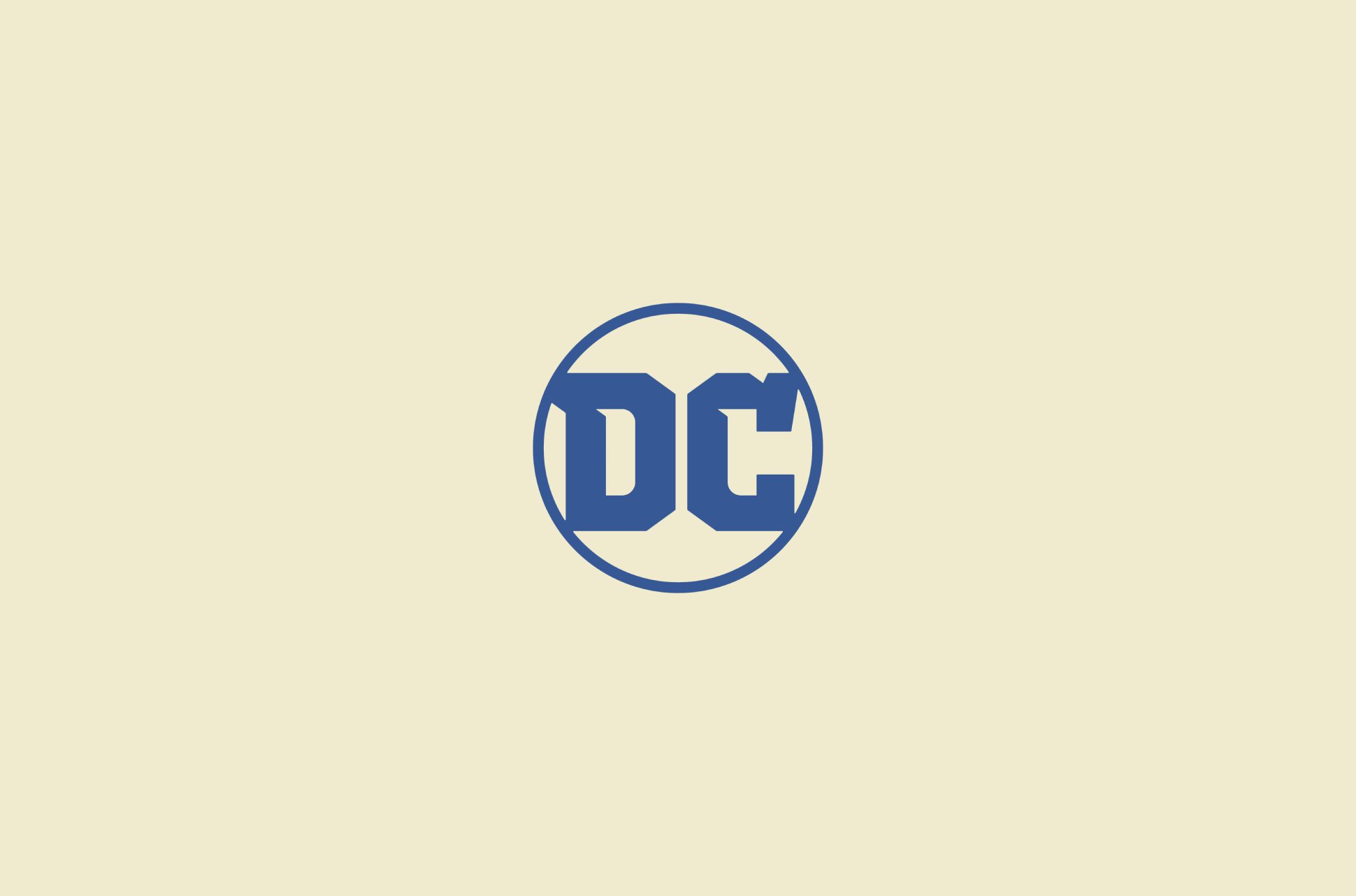
Upcoming films: Superman Legacy (2025), The Authority, The Brave and the Bold, Supergirl: Woman of Tomorrow, and Swamp Thing
Upcoming series: Creature Commandos (2024), Waller (2024), Lanterns, Paradise Lost, Booster Gold
In October 2022, James Gunn—writer and director of The Suicide Squad, and the MCU’s Guardians of the Galaxy trilogy—was announced as the co-CEO of DC Studios to head up a new project: the DC Universe (DCU). Under this new initiative, some elements from the DCEU will be retained—like certain actors or specific plot points—and others will be brand new.
Gunn released a breakdown of some of the projects to be released under chapter 1 of the DCU including news of a new Superman film titled Superman: Legacy and a new Batman film titled The Brave and the Bold.
Who knows what the future holds for the DCU? With Gunn at the helm, it’s safe to say everything is in safe hands.
DC Elseworlds
2019-beyond

Notable films: Joker (2019), The Batman (2022), Untitled Constantine sequel (202?)
Named after the DC Comics imprint for stories set outside mainstream DC canon, the DC Elseworlds label will also focus on stories external to the DCU.
The most well known examples have been:
Todd Phillips’ Joker in 2019 starring Joaquin Phoenix as the Joker with a sequel titled Joker: Folie à Deux slated for a 2024 release with Lady Gaga joining the cast as Harley Quinn.
The Batman starring Robert Pattinson as Bruce Wayne/Batman, Zoe Kravitz as Selina Kyle/Catwoman, and an unrecognizable Colin Farrell as Oswald Cobbleplot/The Penguin. This one’s an awesome take on the Dark Knight which borrows heavily from films like Se7en and Zodiac and focuses on one thing that previous incarnations of Batman have neglected: his detective skills.
After all, the company is named after him: Detective Comics.
Take the first step to protect yourself online. Try ExpressVPN risk-free.
Get ExpressVPN










